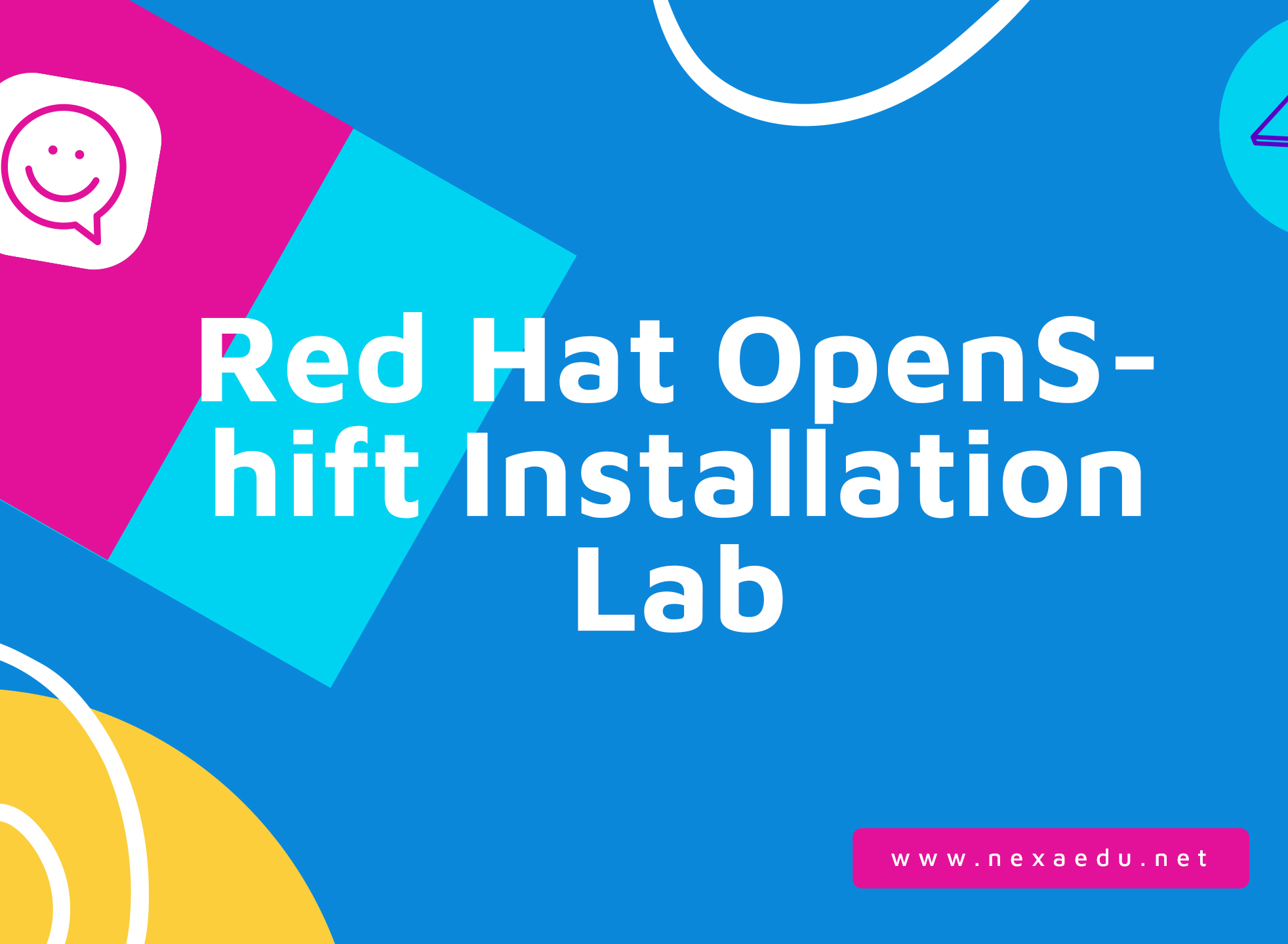About this course
Course Overview
Installing OpenShift on a cloud, virtual, or physical infrastructure.
Red Hat OpenShift Installation Lab (DO322) teaches essential skills for installing an OpenShift cluster in a range of environments, from proof of concept to production, and how to identify customizations that may be required because of the underlying cloud, virtual, or physical infrastructure.
This course is based on Red Hat OpenShift Container Platform 4.6.
Target Audience
Cluster administrators (Junior systems administrators, junior cloud administrators) interested in deploying additional clusters to meet increasing demands from their organizations.
Cluster engineers (Senior systems administrators, senior cloud administrators, cloud engineers) interested in the planning and design of OpenShift clusters to meet performance and reliability of different workloads and in creating work books for these installations.
Site reliability engineers (SREs) interested in deploying test bed clusters to validate new settings, updates, customizations, operational procedures, and responses to incidents.
Course Objectives
- Validate infrastructure prerequisites for an OpenShift cluster.
- Run the OpenShift installer with custom settings.
- Describe and monitor each stage of the OpenShift installation process.
- Collect troubleshooting information during an ongoing installation, or after a failed installation.
- Complete the configuration of cluster services in a newly installed cluster.
Course Content
Table of Contents
Describe the OpenShift Installation Process
Describe and compare the Full Stack Automation and Pre-existing Infrastructure installation methods.
Install OpenShift in a Cloud Provider
Provision OpenShift clusters on Infrastructure-as-a-Service (IaaS) cloud providers, with common customizations, using the Full-Stack Automation installation method.
Install OpenShift on a Virtualized Environment
Provision OpenShift clusters on hypervisors, with common customizations, using the Full-Stack Automation and the Pre-existing Infrastructure installation methods.
Plan to Install OpenShift without an Infrastructure Provider
Configure the prerequisites for provisioning OpenShift clusters without integration with the underlying infrastructure.
Install OpenShift without an Infrastructure Provider
Provision OpenShift clusters without integration with the underlying infrastructure.
Complete the Installation of OpenShift without an Infrastructure Provider
CPerform essential tasks that are required before onboarding users and applications on a newly provisioned OpenShift cluster.
Course Prerequisites
- Achieving the Red Hat Certified Specialist in OpenShift Administration certification on OpenShift 4 is strongly recommended, or at least taking Red Hat OpenShift Administration II: Operating a Production Kubernetes Cluster (DO280) before taking this course.
- “Equivalent knowledge of Kubernetes” is not applicable here because performing anything other than a very minimal, all-defaults Full Stack Automated installation of OpenShift on a cloud provider requires knowledge of OpenShift cluster operators.
- Achieving the Red Hat Certified System Administrator (RHCSA) certification or equivalent knowledge of Red Hat Enterprise Linux system administration before taking DO322 is also strongly recommended.
Follow on Courses
The following are recommended for further study:- DO380 - Red Hat OpenShift Administration III: Scaling Deployments in the Enterprise
Further Information
Technology considerationsNo local instructor led training (ILT) classroom is provided for DO322. All modalities require access to cloud-based classrooms.
This course uses cloud labs provisioned in the Red Hat Training Cloud.
Internet access is required in order for the installer tool to function as designed.
Comments (0)






